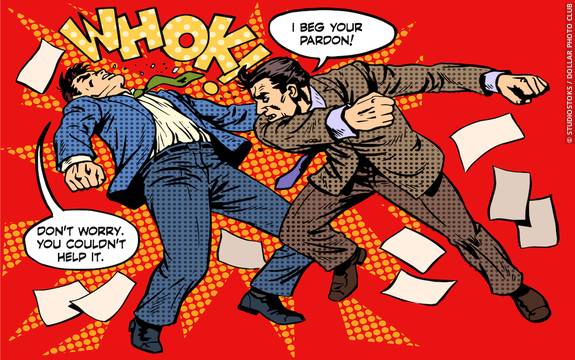Hate, as a mode of guilt or of pride, generates destructive thoughts (but at a lesser intensity than paranoia). Antithetical thoughts, when directed to other people, represent pride ; when directed to oneself, represent guilt. [¹]. At a much lesser intensity of denigration, criticisms of other people represent jealousy, whilst criticisms of myself arise from my sense of idealism.
Types of Emotion
Hate by itself is the emotional dynamic of the ability to sustain long periods of concentration and meditation. It does not require an object to focus on (it mirrors pure love in this respect) ; it is a general-purpose tool for cutting positive attachments, especially in relationships (for example, pride in hate mode rejects another person, whereas hate by itself rejects any pleasant attachment to the other person). Hate produces clear thinking and strengthens a person’s will power. It supports the desire for solitude. It cools the mind and may easily be mistaken for a mild sense of peace. It is likely to be the prevailing mood when a meditator claims that they are no longer acting from a sense of ego. The skilful way of using hate is to clear the mind of redundant attachments and desires.
Copyright © 2002 Ian Heath All Rights Reserved



























